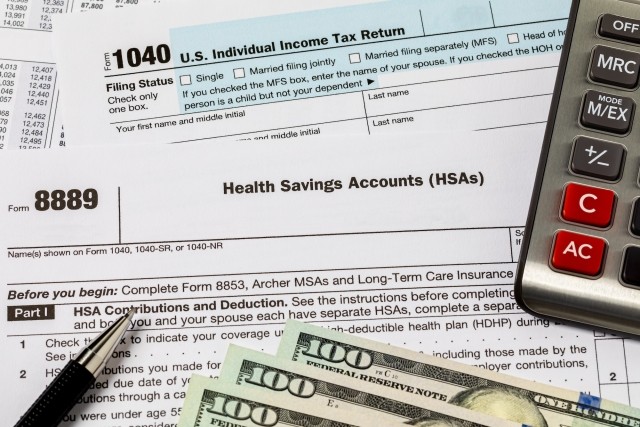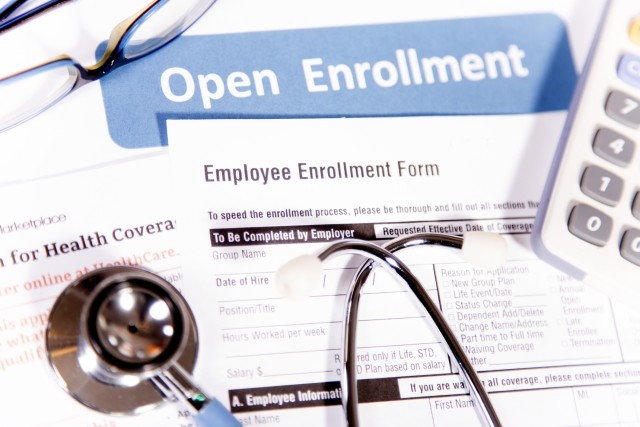Blog
Congressional Republicans Set to Pass the Tax Cuts and Jobs Act Before Christmas 2017
After the Senate passed its version of the tax reform bill by a vote of 51 to 49 on December 2, 2017, the two chambers of Congress met in the process known as conference in order to work out a compromise bill that both chambers could agree upon. On December 15, 2017, Congressional Republicans released the 1101-page final version of the Tax Cuts and Jobs Act (Tax Act) which will undergo a vote in the House on Tuesday, December 19, 2017, and in the Senate on the following day. GOP leaders have indicated that they have the votes needed to pass the bill through Congress and send it to the Presidents desk before the Christmas holiday.
We note that except for certain tax breaks for employee fringe benefits that will be eliminated under the Tax Act, the bill generally does not significantly impact employer-provided group health plans.
Anticipated Legislative Calendar
- December 19, 2017: House of Representatives votes on the Tax Act (expected to pass)
- December 20, 2017: Senate votes on the Tax Act (expected to pass)
- December 22, 2017: President Trump expected to sign the Tax Act into law before the Christmas holiday
Snapshot of Tax Act Provisions That Impact Employee Benefits
This alert addresses only the items of the Tax Act that have a direct impact on employer-provided benefits for employees. The following employment-related fringe benefits will either be no longer tax-deductible by the employer, and/or excludible from an employees gross wages:
- Certain employee achievement awards cannot be deducted by the employer and must be included in an employees gross income beginning 2018
- Qualified moving expense reimbursements for tax years 2018 through 2025 must be included in an employees gross income
- Qualified transportation fringe provided by the employer to employees (e.g., employer-paid parking, transit passes, vanpool benefits, and qualified bicycle commuting reimbursements) cannot be deducted by the employer beginning 2018
- This does not affect an employees current ability to pay for qualified parking and commuter benefits on a pre-tax basis
Elimination of the Individual Mandate
The final version of the Tax Act includes a provision that eliminates the penalties associated with the Individual Mandate under the Affordable Care Act (ACA). This elimination of the tax penalties for an individual who fails to obtain/maintain health coverage is effective for 2019. Thus, individuals would still be responsible for paying any ACA penalties for 2018. The expected impact of this provision to employer-sponsored health plans is minimal because the ACAs Employer Mandate remains unchanged under the Tax Act.
Key Points
In summary, the Tax Act will have minimal impact on employer-sponsored group health plans in 2018. The Employer Mandate remains unaltered, therefore the requirements to (1) offer affordable, adequate health coverage to full-time employees and (2) report such information to the IRS remain unchanged. While Congress did not address the potential relief from Employer Mandate penalties under the Tax Act, legislators are working on proposals to provide such relief. And lastly, the elimination of the 40% excise tax (commonly referred to as the Cadillac Tax) on richer plans that exceed a certain combined premium, was not included in the Tax Act. However, the previously implemented 2-year delay of the Cadillac Tax from 2018 to 2020 does provide legislators and employers with additional time to evaluate and strategically plan for any necessary changes.
Table of Contents








